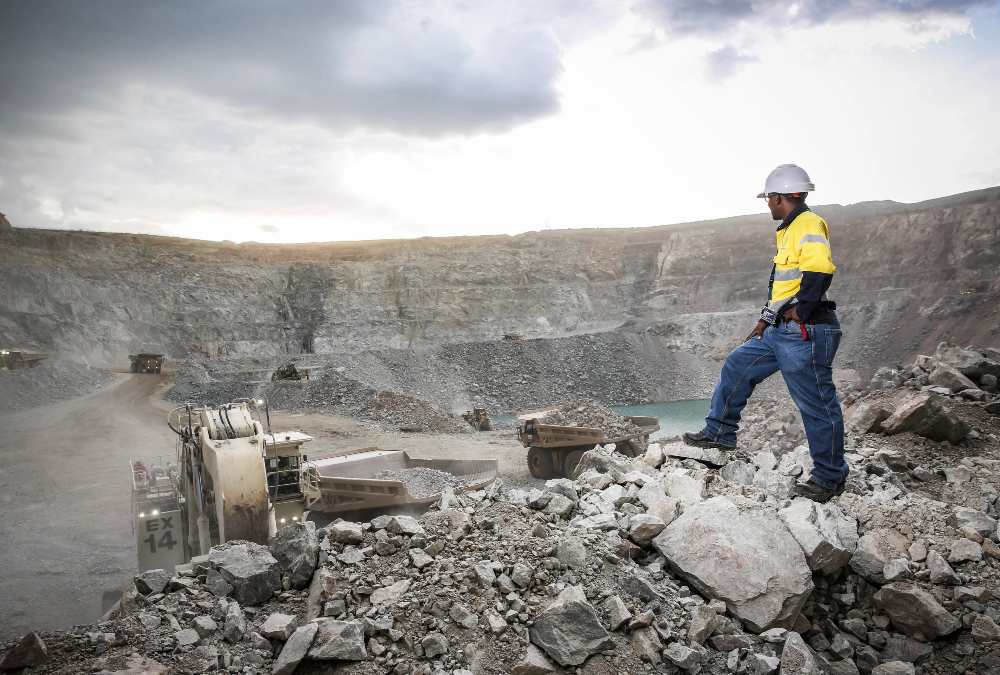Owusu on Africa
Owusu on Africa: Resource nationalism in Africa and the need for adjustments by global investors


By Fidel Amakye Owusu
Before the conclusion of the Cold War, a prominent characteristic of populist leaders and administrations was their inclination towards the nationalization of industries and the exploitation of resources. This often entailed the expulsion of foreign investors and occasionally local private proprietors from these sectors.
In Ghana, the aftermath of the 1972 coup witnessed the widespread nationalization of numerous enterprises and entire industries, a move applauded by the populace who believed that state ownership would ensure direct benefits.
However, in late 1970s Ghana, alongside other accompanying policies, this maneuver precipitated one of the most severe economic crises in the country’s history. Similar scenarios unfolded in other nations that adopted comparable strategies.
The administration of mines and other resources fell into the hands of political allies lacking the expertise to nurture their growth. Corruption was rampant within the ambit of such nationalization efforts, compounded by mismanagement, exacerbating the detrimental impact of global price fluctuations on these sectors.
It wasn’t until the mid-1980s that some of these trends began to be reversed, with international financial institutions intervening through structural adjustment programs to salvage the situation. Nevertheless, the liberal reforms introduced their own set of challenges that continue to confront African economies to this day.
Fast forward to the present, and we observe a resurgence of resource nationalism amid high unemployment rates, mounting indebtedness, a widening infrastructure deficit, and other economic woes.
Resource nationalism could loosely be defined as the insistence by countries to wield ‘significant’ control over resource exploitation for economic or strategic reasons, without necessarily advocating for total nationalization.
This resurgence manifests in various forms: calls for the renegotiation of perceived “unfair” mining contracts, demands for increased local processing of raw resources before exportation, and the enactment of laws to govern future agreements while upping local content requirements.
This assertive stance is unsettling investors with interests in Africa, who are now grappling with the implications of this “new reality”. Fueled by a youthful populace eager for employment opportunities and vehemently critical of the political establishment for decades of economic stagnation, resource nationalism enjoys widespread popularity across the continent.
Looking ahead, it’s undeniable that Africa’s abundant resources, many of which are of strategic importance, will continue to play a pivotal role in stabilizing global prices and sustaining industries worldwide. They remain lucrative assets. However, 21st-century investors must adapt to this evolving reality to capitalize on the opportunities it presents, echoing the timeless wisdom that survival favors those most adaptable to change.
Fidel Amakye Owusu is an International Relations and Security Analyst. He is an Associate at the Conflict Research Consortium for Africa and has previously hosted an International Affairs program with the Ghana Broadcasting Corporation (GBC). He is passionate about Diplomacy and realizing Africa’s global potential and how the continent should be viewed as part of the global collective.

